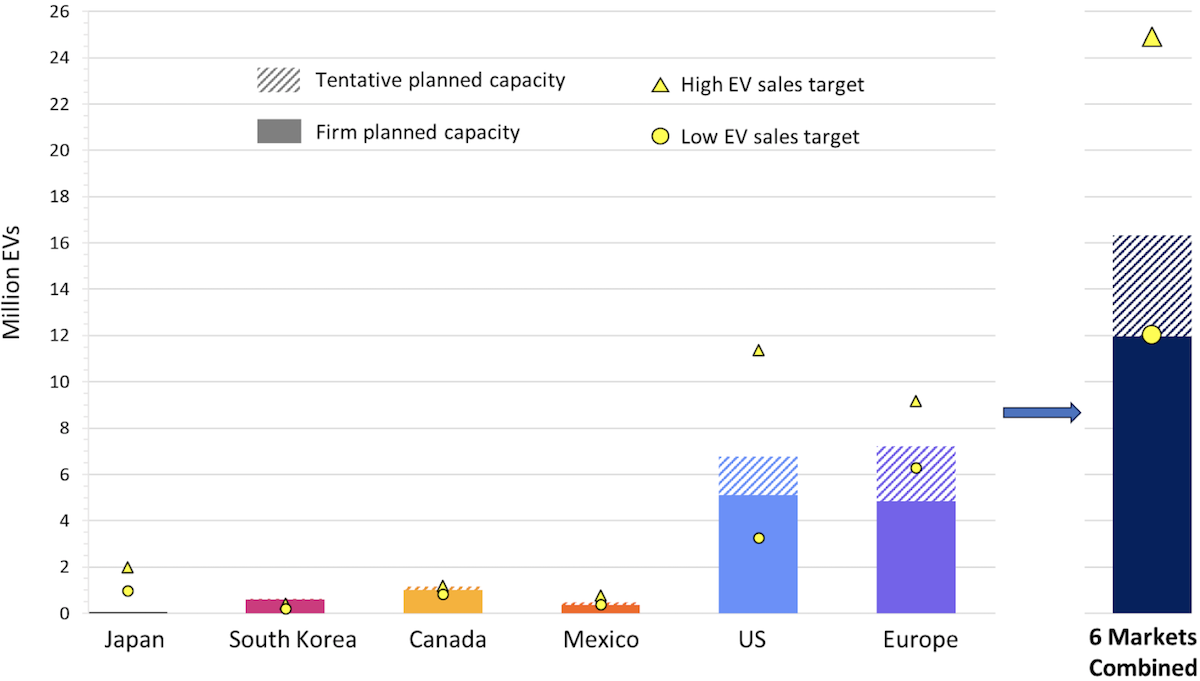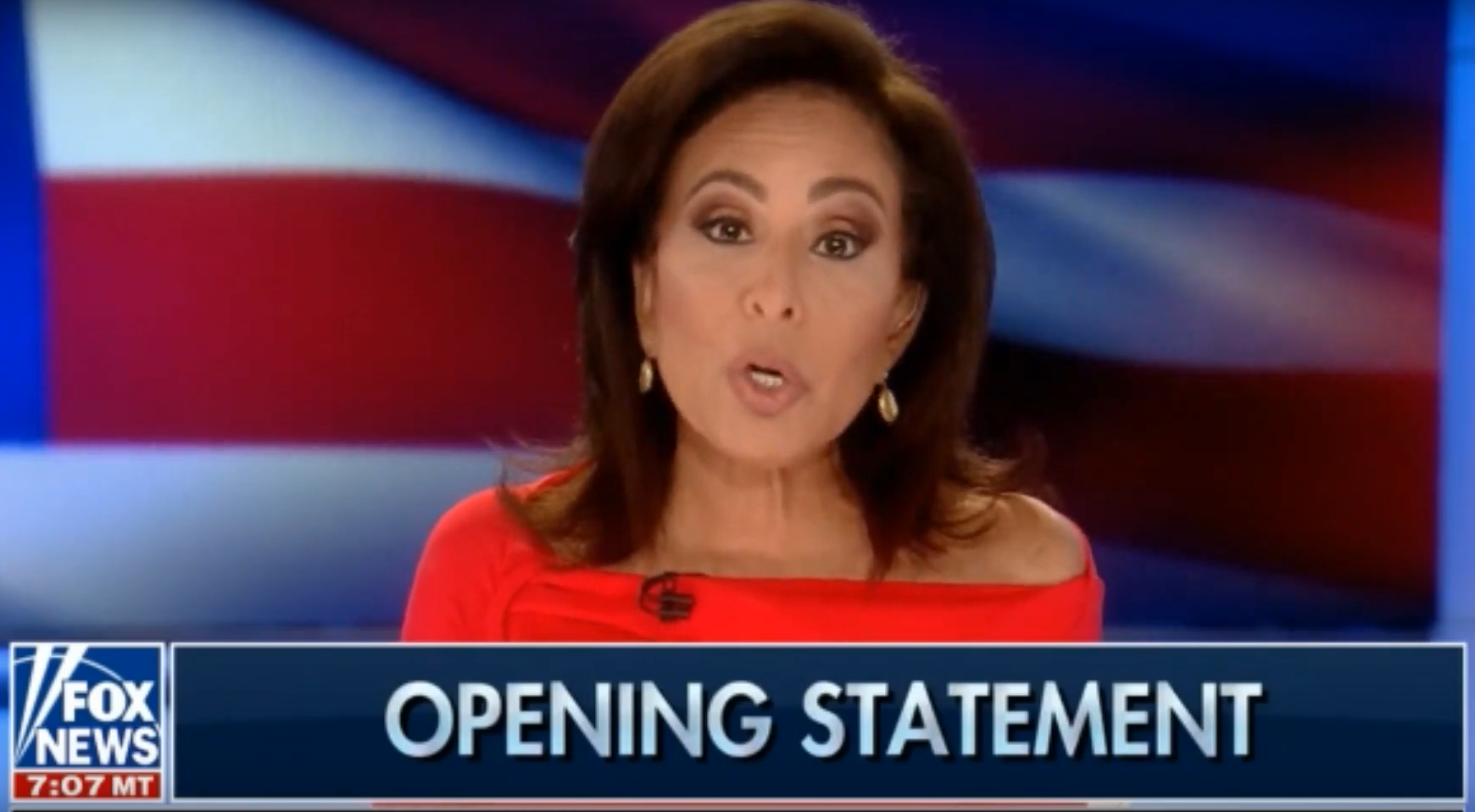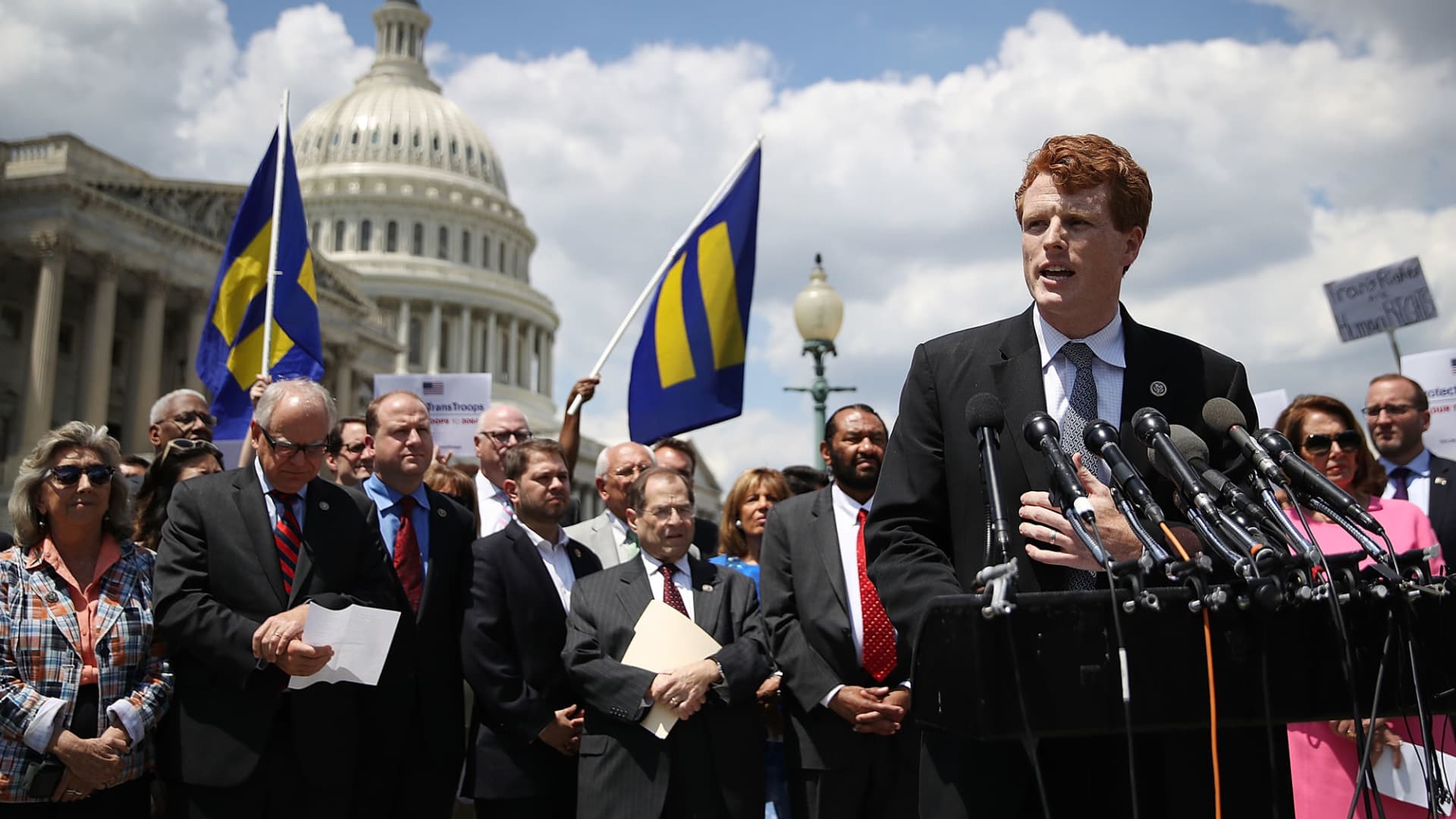Auto Dealers Double Down On Opposition To EV Sales Targets

Table of Contents
Financial Concerns Fueling Dealer Resistance
The transition to selling electric vehicles presents a significant financial hurdle for many car dealerships. Adapting to this new landscape requires substantial investment across various areas, directly impacting dealership profitability and fueling their opposition to aggressive EV sales targets. These financial concerns include:
-
Upgrading facilities to support EV charging infrastructure: Installing Level 2 and potentially Level 3 charging stations requires a considerable capital outlay, varying based on the size of the dealership and the number of charging points needed. This is a significant upfront cost that many dealerships are struggling to absorb.
-
Investing in specialized EV service and repair equipment and training technicians: EVs have different components and require specialized tools and expertise for maintenance and repair. Dealerships need to invest in new equipment and train their technicians on these new technologies, adding to their operational expenses. The lack of readily available trained EV technicians further exacerbates this issue.
-
Managing different inventory needs for EVs versus ICE vehicles: Balancing the inventory of electric vehicles with the existing stock of internal combustion engine (ICE) vehicles presents logistical and financial challenges. Managing different charging needs, storage requirements, and potentially slower sales cycles for EVs adds complexity to inventory management.
-
Potential impact on overall dealership profitability during the transition period: The combined costs of infrastructure upgrades, training, and inventory adjustments can significantly impact dealership profitability, particularly during the initial stages of the EV transition. This financial strain is a major factor contributing to dealer resistance to ambitious EV sales targets.
Concerns about EV Sales Viability in Certain Markets
Dealers also raise valid concerns regarding the viability of EV sales in specific market segments. The uneven distribution of charging infrastructure and varying consumer demand across different geographical areas contribute to this skepticism. Key concerns include:
-
Limited consumer demand for EVs in certain geographical areas (rural areas, lack of charging stations): In rural areas with limited charging infrastructure, consumer demand for EVs remains low. The lack of readily available charging options significantly hinders the adoption of electric vehicles in these regions.
-
The insufficient development of charging infrastructure, particularly in rural areas and across long-distance travel routes: The "range anxiety" associated with EVs is a significant barrier to adoption, especially where charging infrastructure is sparse. This lack of convenient charging options dissuades many potential EV buyers.
-
The higher upfront cost of EVs compared to ICE vehicles: The higher initial purchase price of EVs remains a significant deterrent for many consumers, especially in markets with lower average incomes. This price disparity further limits market penetration in certain areas.
The Role of Government Regulations and Incentives
Government regulations and incentives play a crucial role in shaping the automotive industry's transition to EVs. However, the approach taken by governments is a key factor influencing dealer attitudes.
-
How aggressive government mandates for EV sales are impacting dealer preparedness: Mandates that push EV sales targets too quickly without adequate support for dealers can create resentment and impede the smooth transition. Dealers need time to adapt and invest in the necessary infrastructure.
-
The role of consumer incentives in driving EV adoption and how dealers feel this isn't enough: While consumer incentives, like tax credits, help boost EV sales, many dealers feel that these incentives aren't sufficient to offset the challenges they face in adapting to the new technology.
-
Whether government support for EV infrastructure is adequate to ease dealer concerns: Government investment in public charging infrastructure is crucial for alleviating range anxiety and increasing consumer confidence in EVs. However, many dealers believe that current levels of support are insufficient.
Potential Solutions and Compromises
Bridging the gap between automakers and dealers requires a collaborative approach with solutions that address both financial and logistical concerns. Potential strategies include:
-
Implementing a phased approach to EV sales targets: A gradual increase in EV sales targets allows dealers time to adapt their operations, invest in infrastructure, and train their staff without facing immediate financial strain.
-
Increasing government support for dealer training and infrastructure upgrades: Targeted financial assistance and training programs can help dealers overcome the financial barriers to adopting EV technology. This could include grants, low-interest loans, and subsidized training initiatives.
-
Improved collaboration between automakers and dealerships to address concerns: Open communication and collaborative efforts between automakers and dealerships are vital to finding mutually beneficial solutions. This includes sharing best practices and addressing concerns proactively.
Conclusion
The opposition to aggressive EV sales targets from auto dealers stems from substantial financial concerns, market uncertainties, and concerns about the pace of government support. These challenges, if unresolved, could significantly hinder the widespread adoption of electric vehicles and delay the transition to a cleaner transportation future. Ignoring these concerns will only exacerbate the conflict. Understanding the nuanced opposition to EV sales targets is crucial for a successful transition to electric vehicles. Learn more about the challenges and potential solutions to ensure a sustainable future for the automotive industry.

Featured Posts
-
 Credit Suisse Whistleblower Program A 150 Million Success Story
May 10, 2025
Credit Suisse Whistleblower Program A 150 Million Success Story
May 10, 2025 -
 Nottingham Attacks Retired Judge Appointed To Chair Inquiry
May 10, 2025
Nottingham Attacks Retired Judge Appointed To Chair Inquiry
May 10, 2025 -
 A Critical Look At Wynne And Joannas All At Sea
May 10, 2025
A Critical Look At Wynne And Joannas All At Sea
May 10, 2025 -
 Dc Prosecutor Search Trump And Fox News Jeanine Pirro In The Spotlight
May 10, 2025
Dc Prosecutor Search Trump And Fox News Jeanine Pirro In The Spotlight
May 10, 2025 -
 Is Trumps Transgender Military Ban Fair A Balanced Perspective
May 10, 2025
Is Trumps Transgender Military Ban Fair A Balanced Perspective
May 10, 2025
